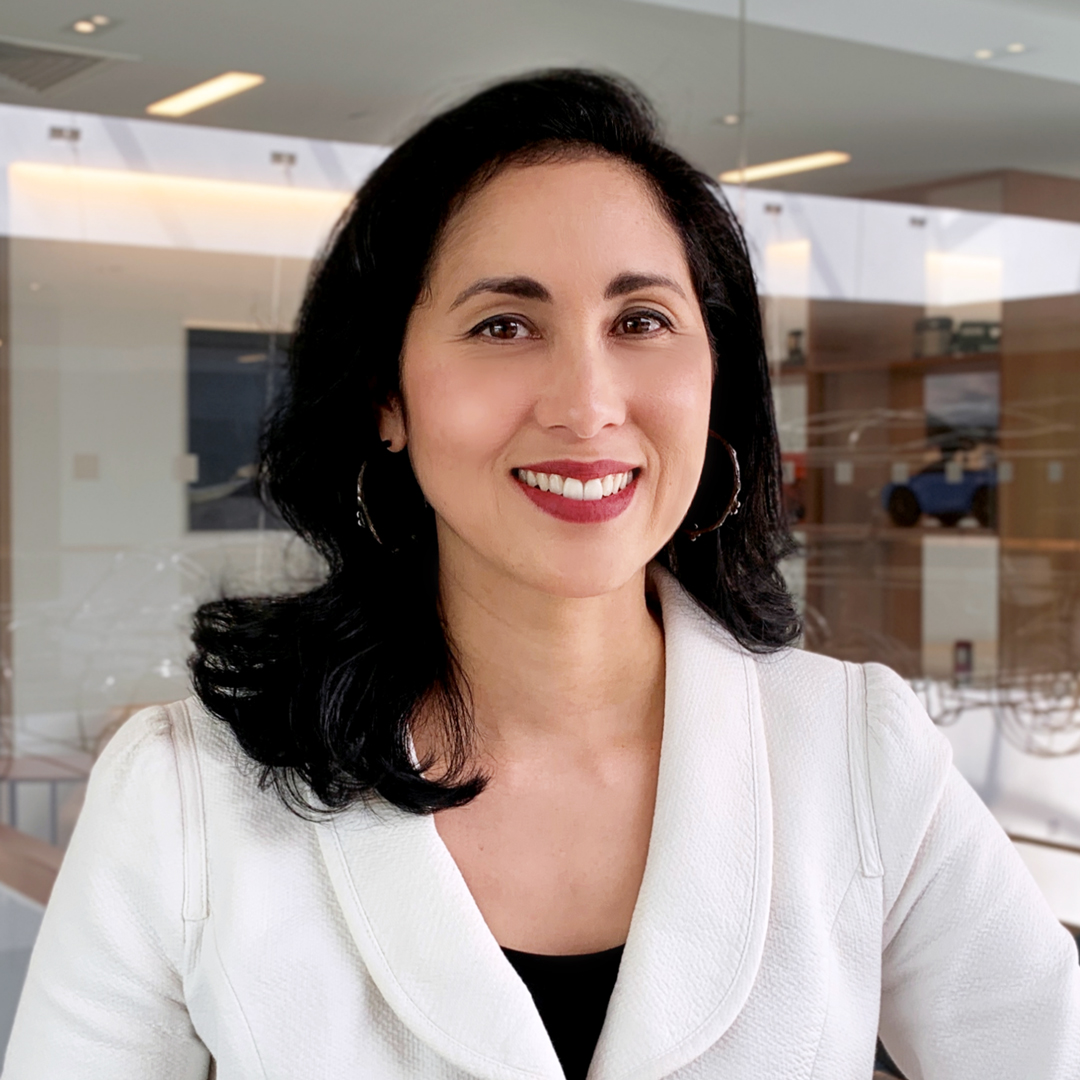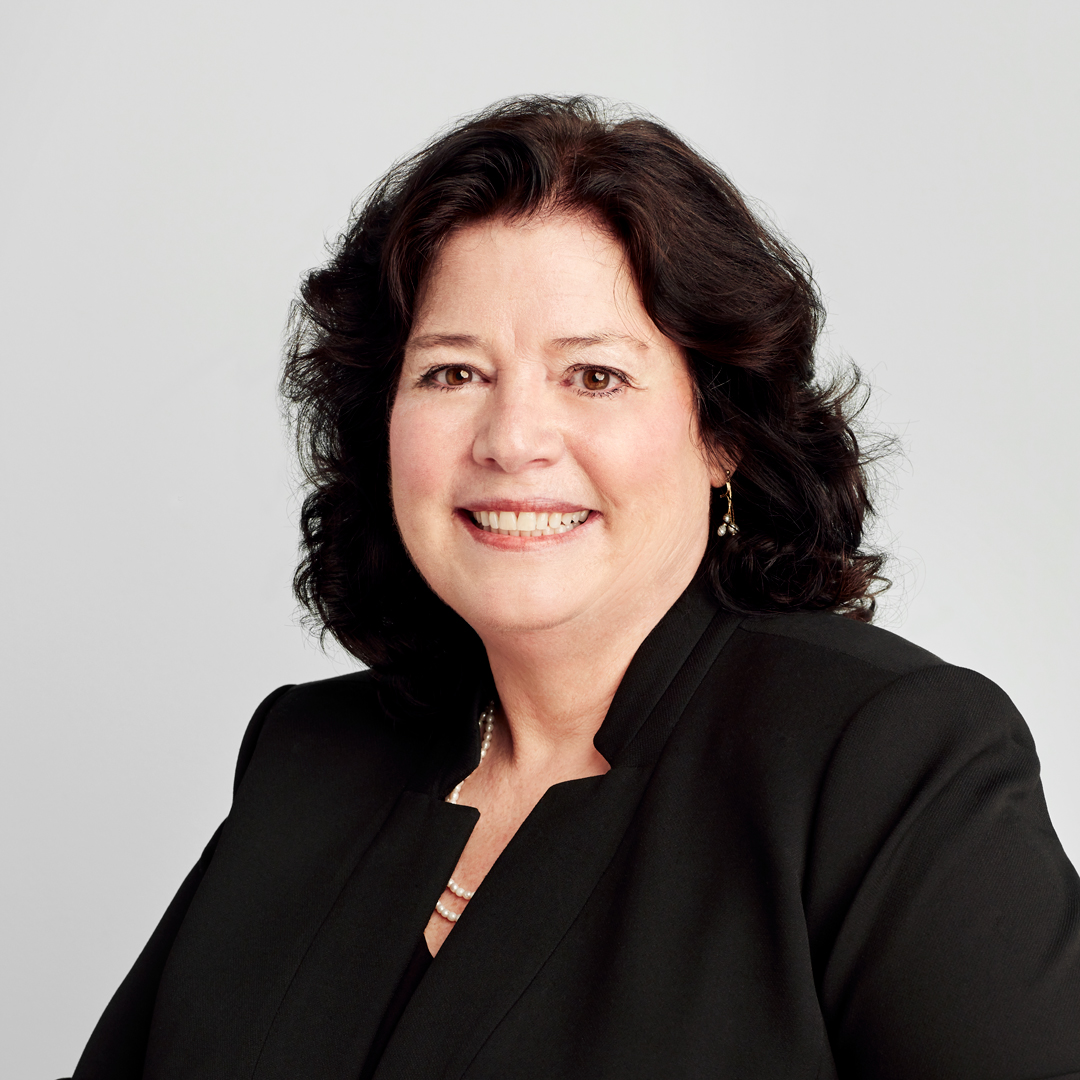Catherine Franklin credits her career journey to several great teachers, and as vice president of tax at Westgate Resorts in Orlando, she strives to emulate them as a manager and as someone planning for the next phase of her life.
One of the first of Franklin’s great teachers was her dad, who taught her how to read by reciting stories from the newspaper every day until she could read them herself. He took a different approach to teaching math. “Every night before I went to bed, he would give me a long math problem I had to solve in my head,” Franklin says. “I think that he had a lot of influence on the way I am today.”

Franklin describes herself as a sequential thinker, able to build in her mind and set logical steps toward a solution. Her passion for tax came after she earned her accounting degree at the University of Central Florida’s College of Business Administration.
She spent her first two years out of college at a small Orlando accounting firm where she did a little bit of everything. She discovered she didn’t like the audit side of the job, so in the mid-eighties, she joined a larger firm in Orlando where she could specialize in tax. That’s when she met Joe Davila, an older gentleman who had been a tax partner at one of the national accounting firms. Franklin credits her proficiency in, and love of, tax to Joe.
“He took the time when we were doing returns to not only talk to me about how we should handle an issue,” Franklin says, “but also to go into explanations and sometimes tell stories about a particular topic.”
Franklin says she’s been following Davila’s example ever since. And as the field has become more automated, explaining the why behind tasks has become increasingly crucial. “The generations of accountants coming out of school now have never done a tax return by hand,” she says. “They really don’t understand the crux of the tax law and how things are supposed to calculate.”
But Franklin doesn’t get involved in her team’s work unless they ask for help. “I don’t micromanage, but my door is always open,” she says. “And when they do ask questions I try to not just say, ‘Do this,’ and let them walk out. I try to explain the reasons, because once you know the why you’ll never forget the what.”
One of the first teams she managed proved it was the right approach. Franklin, a new mother at the time, was managing a fifteen-person tax department. She remembers working from 4 a.m. to noon on Saturdays so she could have more time with her daughter. Eventually, her team started following the same schedule so they could be around her more for guidance. “I think they liked the fact that I wasn’t afraid to sit down and roll up my sleeves,” she says.
“My door is always open. And when they do ask questions I try to not just say, ‘Do this,’ and let them walk out. I try to explain the reasons, because once you know the why you’ll never forget the what.”
Franklin has also found success by being hands-on with big projects. One of those came during her twelve-year tenure at Walt Disney World, where she started in the corporate tax department in 1995. After five years, she took the opportunity to manage the accounting and finance teams for Disney Cruise Line—just as the company was implementing SAP, a new enterprise-wide financial system. Franklin and her team had six months to get it done.
“Because the cruise line was still fairly new, I decided to completely redesign their entire accounting and reporting system,” she says. “I took the extra step of meeting with all the operations and finance teams to understand how they used their monthly reports, so I knew what information was important to them.”
Franklin and her team designed a system with a single report that each department could run using its own criteria while still fitting within the standard format set by Disney. She spent a lot of time with the IT team learning how to map the current information into the new system. She personally trained the finance teams shoreside and on each ship. Despite the extra time invested, the cruise line was the only Florida-based Disney division to close its books both on time and accurately the first month after implementation.
What was your first leadership experience like?
My first leadership experience was scary. I was a brand-new manager with a group of twelve tax people who had been at the firm longer than me. It was really hard going from peer and friend to leader, especially since I had not had very good leaders in my career. I decided to never make those who worked for me feel small, unappreciated or unheard. To this day, I take the word “team” to heart.
Franklin’s success at Disney didn’t completely satisfy her passion for the tax side of the business, however. She joined Westgate Resorts as tax manager in 2007, and it didn’t take her long to rise to her current position and recognize the need for an entirely new, more automated sales and use tax system. She knew the company had to simplify its processes while minimizing its audit exposure because Westgate buys everything from cleaning supplies to furniture from vendors all over the US. Tracking sales taxes, whether self-charged or charged by the vendor, was a challenge.
In addition, Franklin saw the opportunity to structure the new system to allow Westgate to designate itself as a wholesaler. The company keeps shampoo, pens, bedsheets, and other supplies in a central warehouse, distributing items to resorts as needed. As a wholesaler, the company can defer paying sales tax until the supplies are shipped to the resorts, helping with immediate cash flow. It can also get better pricing from vendors.
“You have to have a good system in place to do that,” Franklin says. “I wanted to be sure we did it right the first time so we wouldn’t have to pay for mistakes down the road.” She says Westgate is now implementing a second phase of this system to simplify and automate the billing process for the supplies shipped to the resorts.
In the middle of all this work, Franklin earned her master’s in tax online to prepare for her next career move. She wants to teach both undergraduate- and graduate-level tax and found that her experience in online learning motivated her even more. Many of her professors were good, but others offered minimal guidance, if any. No explanations of the why; just do the work and get a grade.
Naturally, that got Franklin thinking of the growing reliance on automation in her field and of steps she’d follow to make sure her students knew why they did what they did as tax professionals. Step one? Tackling an assignment none of them have likely ever done.
“I’m going to have them do a business return and a 1040 by hand,” Franklin says. “They will moan and groan, but it’s important. It helps them to really understand the tax law and speak intelligently to the IRS. You do your employer a disservice if you don’t understand the tax law as much as you can.”
That’s how Franklin got to where she is today, and she intends to be the kind of teacher and mentor who can help young and aspiring accountants get on the same track.
Greenspoon Marder is a national full-service business law firm with 240 attorneys and 26 locations across the US. Since our inception in 1981, our firm has been committed to providing excellent client service through our cross-disciplinary, client-team approach. We serve Fortune 500, middle-market public and private companies, start-ups, individuals, and entrepreneurs nationwide. For more information, visit www.gmlaw.com.

